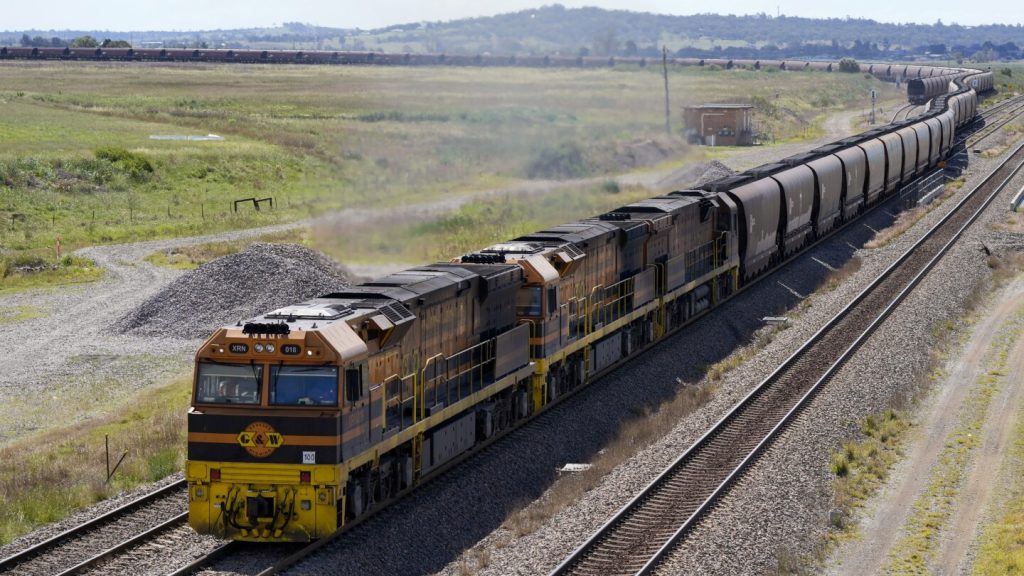China filed a complaint against Australia at the World Trade Organization in June 2021 over extra duties imposed on steel products imported from China. The dispute, which lasted nearly three years, centered around tariffs on railway wheels, wind towers, and stainless steel sinks worth 62 million Australian dollars in trade. The WTO panel adjudicating the case found that Australia’s investigating authority, the Anti-Dumping Commission, had acted inconsistently with some articles of the anti-dumping agreement. Australia’s Trade Minister Don Farrell stated that his government accepted the ruling and supported a rules-based trading system.
Trade tariffs have been a point of contention between China and Australia in recent years, especially after China imposed sanctions on Australian goods in 2020 during a low point in their bilateral relationship. These tariffs were estimated to cost the Australian economy 20 billion Australian dollars. While most of the tariffs have been lifted as relations improved, tariffs on wine, rock lobster, and some abattoirs remain in place. In an effort to repair relations with Beijing, Australia suspended a complaint to the WTO to reopen the Chinese market to Australian barley, a product targeted by the tariffs. The Australian government also halted another WTO dispute against China over sanctions on Australian wine worth 1.1 billion Australian dollars in exchange for a review by China to be completed by the end of March.
Earlier this week, the WTO panel in Geneva, Switzerland ruled in favor of China in its dispute with Australia over steel tariffs. Australia’s acceptance of the ruling highlights its commitment to a rules-based trading system and engaging with China to implement the panel’s findings. The dispute is part of a broader trend of trade tensions between the two countries, with China imposing sanctions on Australian goods in response to various factors. While most tariffs have been lifted as relations between the nations improved, certain tariffs on key products continue to impact trade between China and Australia.
The WTO ruling comes at a critical time for Australian exporters, particularly those in the steel industry affected by the tariffs. With the acceptance of the ruling by the Australian government, there is an opportunity for dialogue and potential resolution of trade issues with China. The decision to engage with China and implement the panel’s findings reflects Australia’s commitment to upholding the rights and obligations of all WTO members. As the two countries navigate their trade relationship, there may be opportunities for further dialogue and cooperation to address remaining trade barriers and promote a more stable trading environment between China and Australia.
The resolution of the WTO dispute marks a potential turning point in the trade relationship between China and Australia, following years of tensions and sanctions. By accepting the ruling and committing to engaging with China to implement the findings, Australia signals its willingness to work towards resolving trade disputes through international mechanisms. The decision to support a rules-based trading system underscores the importance of upholding global trade rules and ensuring a fair and transparent trading environment for all parties involved. Moving forward, both countries have an opportunity to build on this decision and work towards improving their trade relationship for the benefit of their economies and the wider global trade community.


